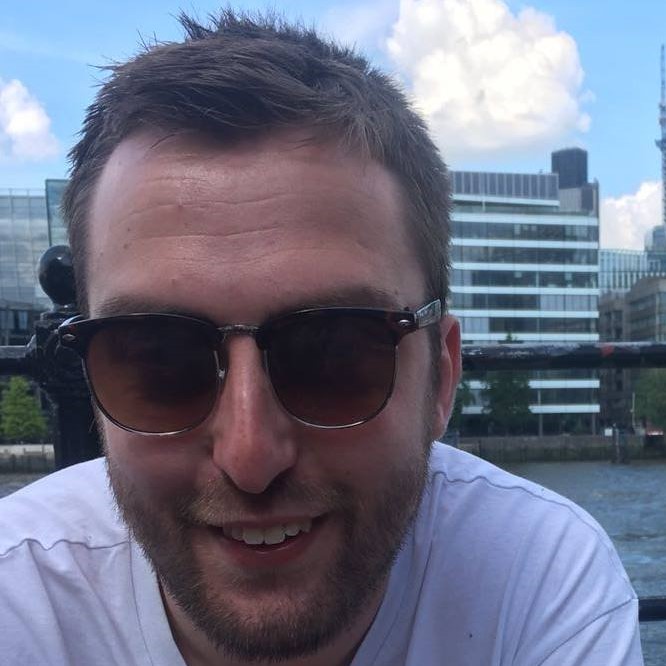Marvel timeline: The MCU movies and TV shows in chronological order
Our Marvel timeline gives you the complete picture of every single MCU adventure, from start to finish
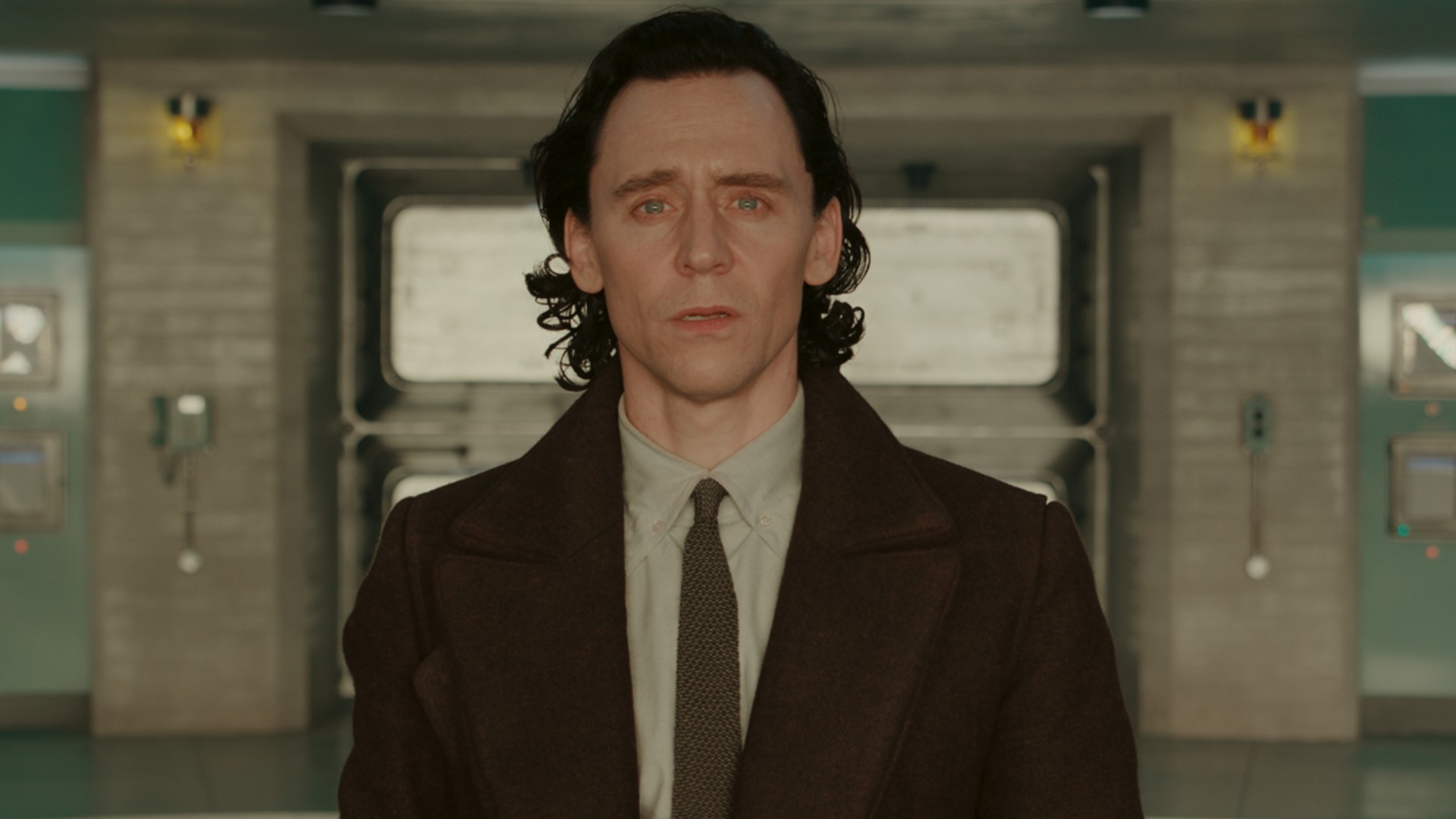
The Marvel timeline is a complicated one. Spanning several decades and dozens of movies, the A-to-B MCU order has only gotten worse in recent years thanks to the introduction of the multiverse
With Marvel Phase 6 kicking off very soon with Fantastic Four, there's never been a better time to get to grips with the timeline. After all, keeping track of both the past and upcoming Marvel movies and shows can be difficult. But that's where we come in. Ahead, we've dived deep into every Marvel movie and show released so far to create the ultimate Marvel timeline, with every project in chronological order. We're up to date with Thunderbolts* and Ironheart too. That means we start in the '40s and go all the way up to 2027.
If you need more details on how everything fits together in Marvel Studios' grand saga, you can head to our guide on how to watch the Marvel movies in order. For now, though, let's dive into some timeline fun.
Marvel timeline: 1931-1995
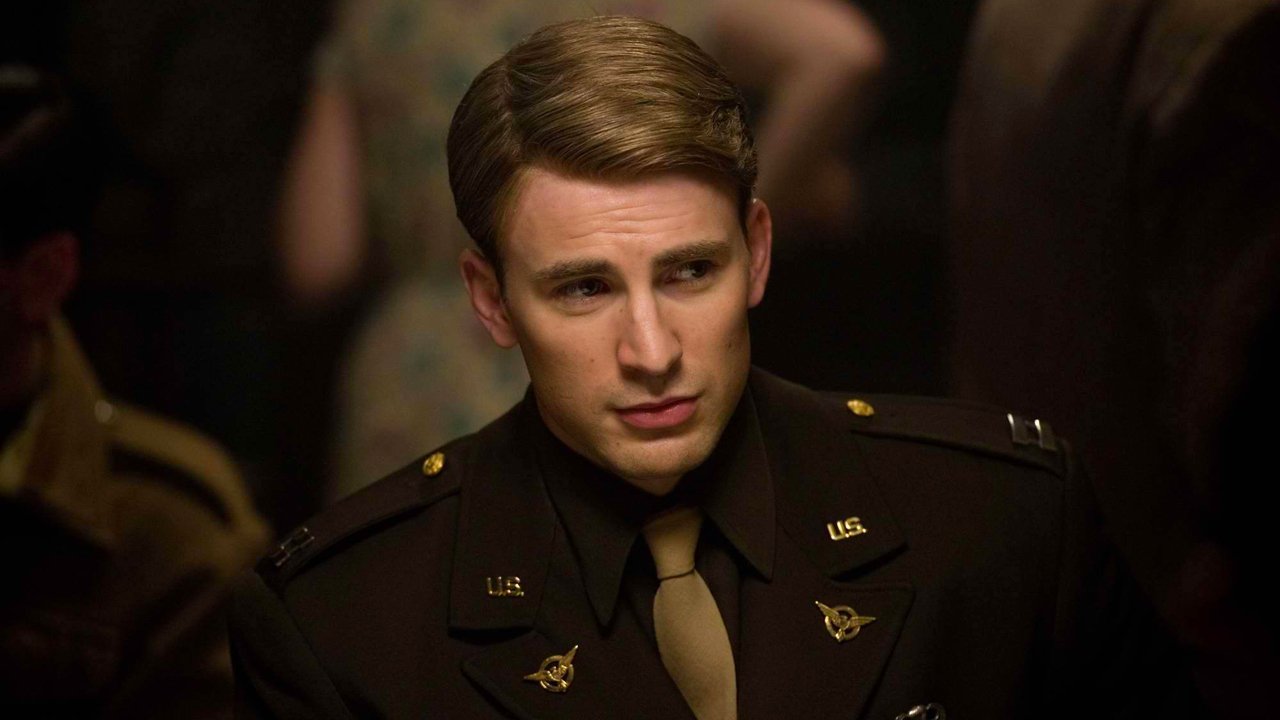
- Agents of Shield season 7 (1931-2019)*
- Captain America: The First Avenger (1943-45)
- One Shot: Agent Carter (1944)
- Agent Carter season 1 (1946)
- Agent Carter season 2 (1947)
- Captain Marvel (1995)
Things are relatively simple – for now. The tale of Steve Rogers does, admittedly, take place partly in 2011 thanks to the First Avenger's post-credits scene. Yet the vast majority of the story takes place during World War 2 in 1943-1945, so we've included it here for clarity's sake (this will become a running theme).
After that, the Agent Carter One Shot (which charts the foundation of S.H.I.E.L.D) begins and ends in 1944. Both season of Agent Carter take place after that. Then, some 50 years later, Captain Marvel crashes into Blackbuster and meets Nick Fury. After that, there’s a big time gap until a certain Iron Man shows up.
Confusingly, Agents of Shield season 7 saw the team travel back to 1931 and then eventually work their way back to 2019, via some pitstops in decades along the way. It still hasn't been canonically confirmed whether that's now part of the Marvel timeline or one from the multiverse, though the show seemingly cut all ties with the wider MCU in favor of a more streamlined storytelling approach. For all intents and purposes, it's essentially another multiverse running parallel to the main timeline.
Marvel timeline: 2008-2012
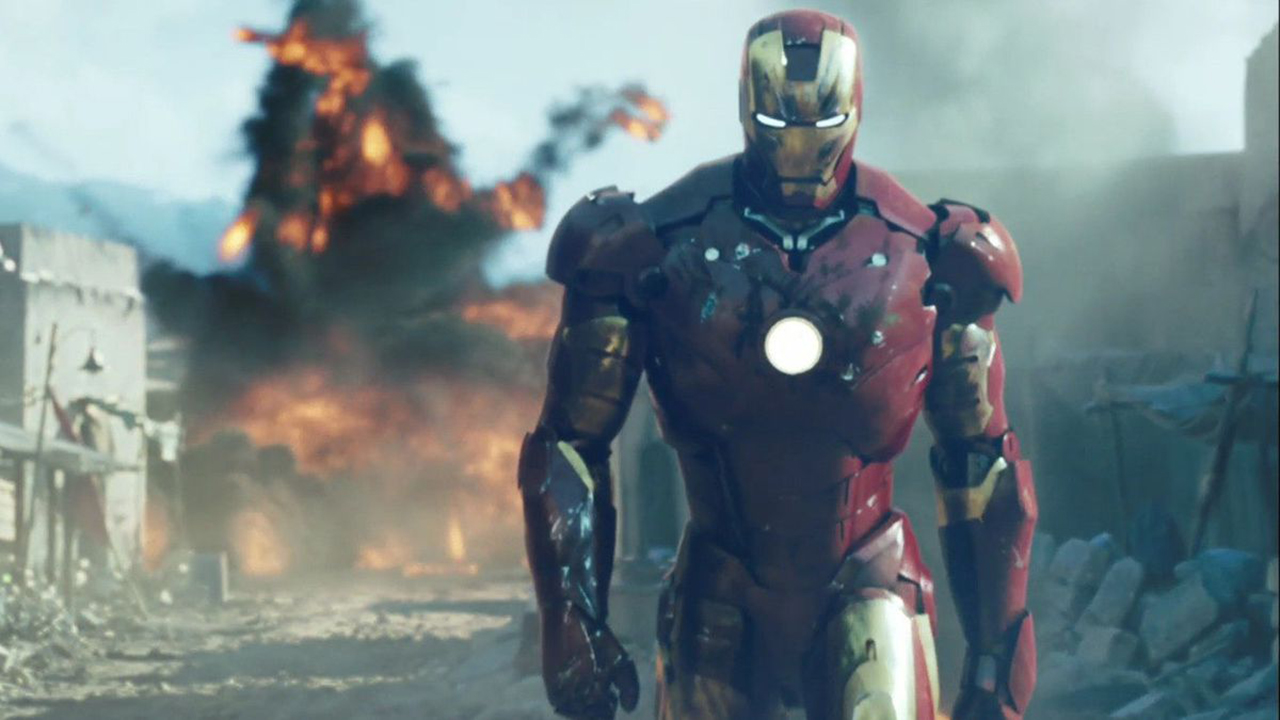
- Iron Man (2008)
- Iron Man 2 (2010)
- The Incredible Hulk (2010)
- One Shot: The Consultant (2010)
- One Shot: A Funny Thing Happened on the Way to Thor’s Hammer (2010)
- Thor (2010)
- Avengers (2012)
- One Shot: Item 47 (2012)
This is where things in the Marvel timeline begin to ramp up a bit. Iron Man, takes place in 2008, and Iron Man comes two years later. The sequel, plus The Incredible Hulk and Thor take place that same week.
Bringing all the latest movie news, features, and reviews to your inbox
Tucked in-between the Jade Giant’s solo movie and Thor’s arrival on Earth, however, are a pair of One Shots (which were very in vogue at Marvel during the early 2010s and meant to be an added incentive for fans to buy the DVDs). Of course, Avengers tops it all off with the Battle of New York in 2012.
Marvel timeline: 2013-2015
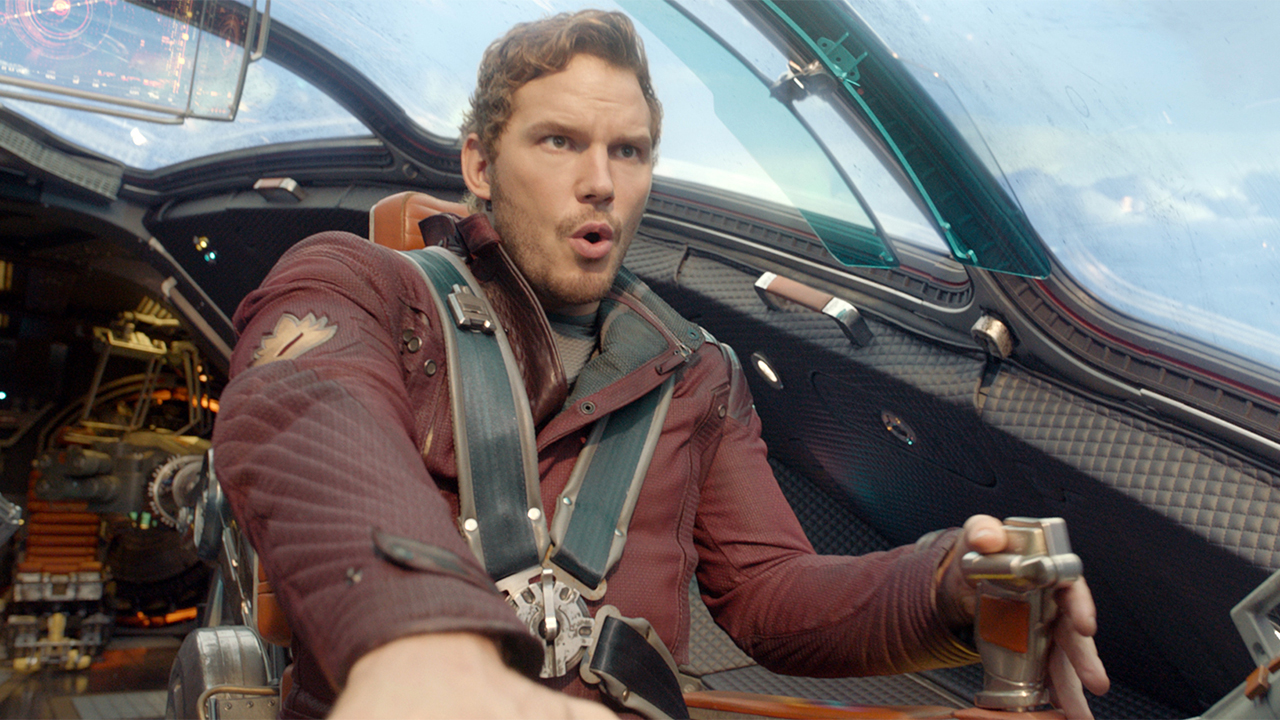
- Iron Man 3 (2013)
- One Shot: All Hail the King (2013)
- Agents of Shield season 1, episodes 1-7 (2013)
- Thor: The Dark World (2013)
- Agents of Shield season 1, episodes 8-16 (2014)
- Captain America: The Winter Soldier (2014)
- Agents of Shield season 1, episodes 17-22 (2014)
- Guardians of the Galaxy (2014)
- Guardians of the Galaxy 2 (2014)
- I Am Groot (2014)
- Daredevil season 1 (2014)
- Jessica Jones season 1 (2015)
- Agents of Shield season 2, episodes 1-19 (2015)
- Avengers: Age of Ultron (2015)
- Agents of Shield season 2, episodes 20-22 (2015)
- Ant-Man (2015)
- Daredevil season 2 (2015)
- Luke Cage season 1 (2015)
- Agents of Shield season 3 episodes 1-10 (2015)
Are you sitting comfortably? The All Hail the King One Shot comes several months after the events of Iron Man 3, firmly placing it in 2013. Meanwhile, Thor: The Dark World is directly mentioned after the eighth episode of the first Agents of Shield season. A similar thing happens with The Winter Solder (this was when Marvel TV were trying to tie their series into the movie events, something they later stopped doing). Everything from episode 17 right through to the end of the first season takes place after Hydra’s plan is uncovered in Winter Soldier.
Guardians of the Galaxy and its sequel, Vol. 2, take place in 2014, immediately after each other. Meanwhile, Daredevil season 1 also takes place that year.
In 2015, Agents of Shield season 2 deals with the fallout from Age of Ultron post-episode 19. From there, it’s a fairly straightforward run to the end of the year: Ant-Man, Jessica Jones season 1, Daredevil season 2, Luke Cage season 1 (as per Luke Cage actor, it takes place "a few months" after Jessica Jones), and the first 10 episodes of Agents of Shield season 3 – because there’s a slight time-jump after that.
Marvel timeline: 2016
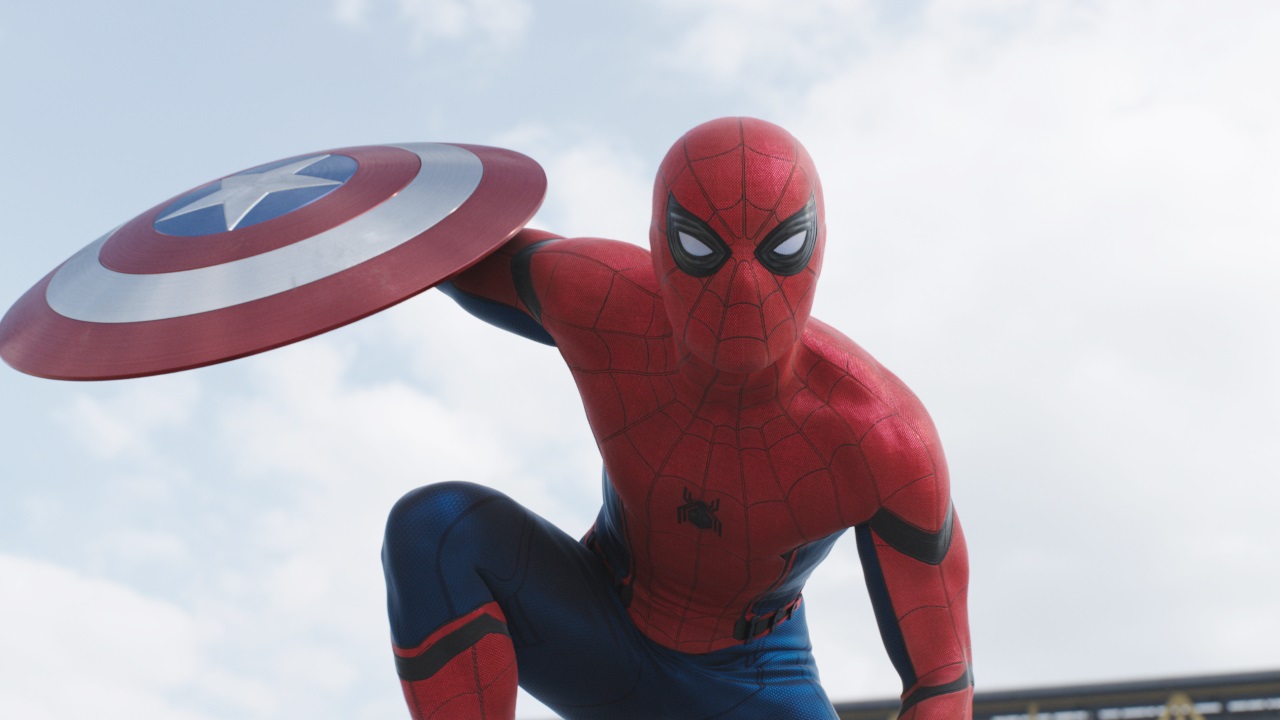
- Agents of Shield season 3, episodes 11-19 (2016)
- Captain America: Civil War (2016)
- Agents of Shield season 3, episodes 20-22 (2016)
- Agents of Shield season 4, episodes 1-8 (2016)
- Agents of Shield: Slingshot (2016)
- Agents of Shield season 4, episodes 9-22 (2016)
- Iron Fist season 1 (2016)
- The Defenders (2016)
- Spider-Man: Homecoming (2016)
- The Punisher season 1 (2016)
- Black Widow (2016)
- Doctor Strange (2016-2017)
As you can tell, 2016 was quite a wild ride in the Marvel universe. The Marvel timeline, though, is pretty easy to follow. Agents of Shield season 3’s eleventh episode has a bit of a jump, and Civil War is dealt with from episode 20 onward. Agents of Shield season 4 is only interrupted by the Slingshot web series (which is non-essential).
Spider-Man: Homecoming did its level best to mess up the MCU timeline, but it’s definitely in 2016, as explained by the director.
On the Marvel Netflix side of things, meanwhile, Iron Fist season 1 introduces the last of the Defenders, who then team up later that year in The Defenders. The Punisher season 1 takes place after all of those street-level shenanigans have concluded. Doctor Strange, of course, isn’t bound by time. His story starts in 2016 and continues into 2017. Speaking of which…
Marvel timeline: 2017-2018
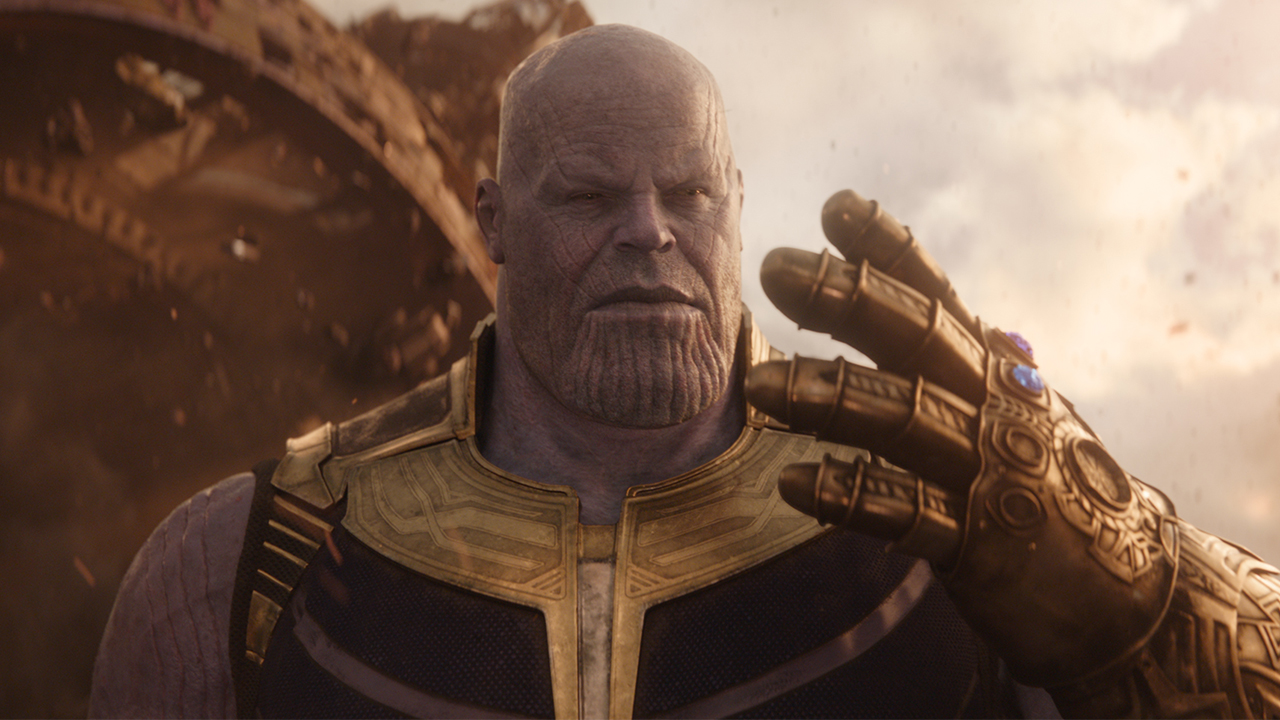
- Agents of Shield season 5, episodes 1-19 (2017)
- Black Panther (2017)
- Jessica Jones season 2 (2017)
- Inhumans season 1 (2017)
- Luke Cage season 2 (2017)
- Iron Fist season 2 (2017)
- Daredevil season 3 (2017)
- The Punisher season 2 (2017)
- Jessica Jones season 3 (2017)
- Runaways season 1 and 2 (2017)
- Cloak and Dagger season 1 and 2 (2017-2018)
- Runaways season 3 (2018)
- Thor: Ragnarok (2017-2018)
- Agents of Shield season 5, episodes 20-22 (2018)
- Ant-Man and the Wasp (2018)
- Avengers: Infinity War (2017-2018)
- Agents of Shield season 6 (2018*)
This is it. The year of the Snap.
The Marvel Netflix shows are much of a muchness at this point, though Luke Cage season 2 definitely comes before Iron Fist season 3, and Daredevil season 3 landing a little later on the timeline makes a bit more sense thematically. Then there are the Freeform shows, Cloak and Dagger along with Runaways, which also take place pre-Snap. The third season of Runaways muddies the waters by introducing a time skip that should technically take place during the Snap, but it's never addressed. The season 3 finale also has a time skip which takes it up to around 2021.
The Black Widow movie may be part of Marvel Phase 4, but it's actually tucked in-between Civil War and Infinity War. As the third Avengers movie ends in 2018, it's a safe guess to predict that Natasha Romanoff's standalone movie takes place in 2017.
Black Panther is perhaps the hardest to place. The death of T'Challa's father in Civil War is still raw by the time his movie rolls around but, according to Marvel's own official timeline to mark the ten-year anniversary of the MCU, Black Panther is set in 2017, not 2016. Send your complaints to Kevin Feige.
Finally, when it comes to Ant-Man and the Wasp and Thor: Ragnarok, both take place immediately before Infinity War, so can be watched in either order. Ant-Man and the Wasp’s post-credits scene, though, runs simultaneously alongside Thanos’ Snap, while Ragnarok’s post-credits only take us to the beginning of Infinity War. Yes, that’s confusing. Thor: Ragnarok before Ant-Man and the Wasp is probably your best bet.
Things don't stop there, though. There's the conundrum of Agents of Shield season 6. With season 5 explicitly leading into Thanos' big moment, fans were slightly confused when season 6 failed to feature half the world disappearing. The showrunners have since reasoned that they simply couldn't deal with the Snap as they – at the time of writing season 6 – were not aware of how Endgame and Spider-Man: Far From Home would deal with "the Blip". In-universe, the snap takes place in 2018 even though there's absolutely no reference to Thanos wiping out half the world in Agents of Shield season 6. Try not to think about it.
Marvel timeline: 2018-2027
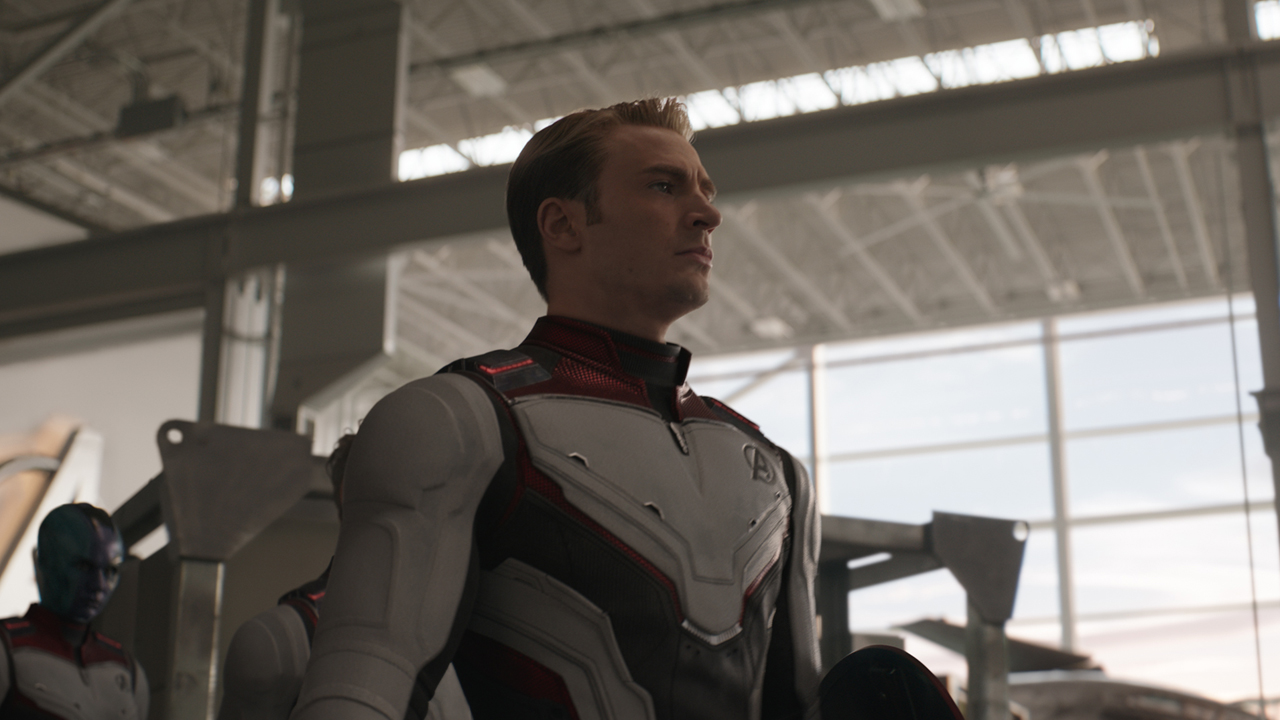
- Avengers: Endgame (2018-2023)
- Agents of S.H.I.E.L.D. season 7 finale (2019)
- WandaVision (2023)
- Loki (Sort of 2023, sort of 2012)
- Loki season 2 (sort of 2023)
- Shang-Chi and The Legend of the Ten Rings (2024)
- Deadpool and Wolverine (2024)
- The Falcon and the Winter Soldier (2024)
- Spider-Man: Far From Home (2024)
- Spider-Man: No Way Home (2024)
- Eternals (2024)
- Hawkeye (2024)
- Doctor Strange in the Multiverse of Madness (2024)
- Moon Knight (2025)
- Black Panther: Wakanda Forever (2025)
- Echo (2025)
- She-Hulk (2025)
- Ms. Marvel (2025)
- The Marvels (2025)
- Thor: Love and Thunder (2025)
- Ironheart (2025)
- Werewolf By Night (2025)
- Guardians of the Galaxy Holiday Special (Christmas 2025)
- Ant-Man and the Wasp: Quantumania (2026)
- Guardians of the Galaxy 3 (2026)
- Secret Invasion (2026)
- Agatha All Along (2026)
- Daredevil Born Again: Season 1 (2026-27)
- Captain America: Brave New World (2026-27)
- Thunderbolts* (2027)
Avengers: Endgame has a clear five-year-jump after the Snap (dubbed "the Blip" in Far From Home), meaning much of the movie takes place in 2023, five years after the end of Infinity War. WandaVision sees Scarlet Witch trap an entire town in a force field following the death of Vision. Despite the sitcom antics taking place seemingly in multiple time periods, this all happens post-Endgame.
Loki, meanwhile, takes place outside of our conception of time. The primary Loki Variant of the show is technically snatched from 2012. But theorists hold that Kang the Conqueror witnesses the timeline being broken – therefore unleashing the multiverse – just as Wanda looks into the Darkhold during the WandaVision finale. Loki really is a confusing one – but if you're tackling the MCU, this is probably the place it makes sense to watch, otherwise you'll be waiting years for more multiverse shenanigans. Loki season 2 follows on immediately from the end of season 1, but, again, it's all outside of time.
From here, the Marvel timeline is a confusing mess of hearsay, director's quotes muddying things up, and Marvel Studios trying to rectify the mess it put itself in.
Ms. Marvel definitely takes place after Endgame, but beyond that specifics are hard to pin down, though Disney Plus puts it post-Moon Knight. Meanwhile, She-Hulk head writer Jessica Gao previously said that the show takes place shortly after Shang-Chi, so that puts the legal comedy in 2023, but the show goes on to reference No Way Home, placing it later than that. The official Disney Plus timeline has it as after Moon Knight but before Ms. Marvel, so we'll stick to that for now. See? It's confusing.
Then we have Deadpool and Wolverine, which is full of separate timelines as we bring the Fox films into the MCU with Hugh Jackman leading the charge. If you watched all the X-Men movies in order, then you know that this film has to before Logan in 2029. We also know that before Deadpool starts jumping through time and space, the movie begins in March 2024 – after the events of Endgame but before Spider-Man: Far From Home.
As for Thor: Love and Thunder, we know that the movie takes place eight years after Thor and Jane broke up. The breakup was referenced in 2017's Thor: Ragnarok, so we can estimate that Love and Thunder is, therefore, set around 2025 or 2026. Black Panther: Wakanda Forever, meanwhile, takes place at the same time as Love and Thunder and Ant-Man and the Wasp: Quantumania. The movie is set six years after Nakia left Wakanda, following Thanos' arrival in Infinity War. Nakia most likely spent some time deliberating her departure and considering Love and Thunder, we can put Wakanda Forever in 2025, along with Quantumania.
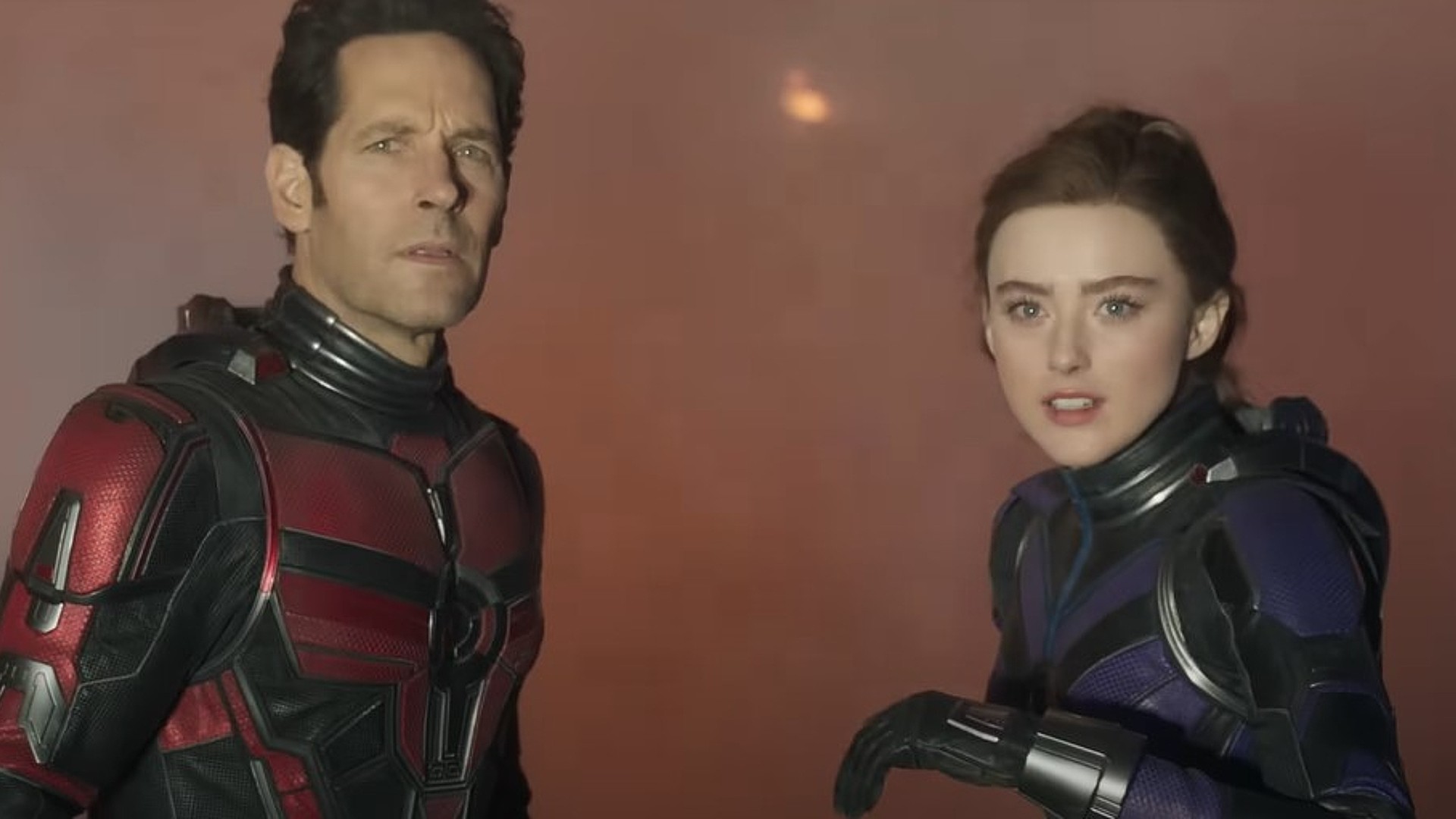
There's some slight confusion with Quantumania, however, as Cassie Lang mentions being six when Yellowjacket attacked her, as seen in the first Ant-Man movie. That would make her only 16 in Quantumania, which doesn't seem to be the case, so we can assume this is either a small retcon or an oversight, leaving Ant-Man 3 in 2026.
Then there are two more Marvel specials, which seemingly take place in 2025. Firstly, there's Werewolf By Night, which may be emulating some of the best monster movies of the 1920s and 1930s but actually takes place in modern times – at least, as far as we can tell. The key bit of evidence is a carafe of coffee seen in the background of one scene, which looks modern.
Guardians of the Galaxy 3 is set after the Holiday Special, which would place it somewhere in (very) late 2025 or in 2026. On Twitter, James Gunn indicated there are probably "a couple years" between Endgame and the third Guardians movie. Since Endgame finishes in 2023, that lines up with our own placement.
Secret Invasion, meanwhile, is set after She-Hulk, as confirmed by Marvel's vice president of production and development, Jonathan Schwartz: "It's present-day MCU, is what we're calling it. So, it exists along the timeline that the shows come out in. So, post-She-Hulk, post-Blip, right at this exact present day in the MCU." (H/T The Direct) That would place Secret Invasion in 2025, but the official Disney Plus timeline has it post-Guardians 3, so the show could potentially take place in 2026, too.
Agatha All Along, also takes place in 2026, with a Westview resident confirming to the titular witch that she's been trapped in the Scarlet Witch's illusion for the last three years. At the end of WandaVision, which takes place in 2023, Wanda puts a spell on Agatha that causes her to think she actually is nosy neighbor Agnes O'Connor – though she breaks free of the glamour in Agatha All Along episode 1. This is more or less confirmed when a now 16-year-old Billy mentions in episode 4 that a lot happened to him when he was 13. That would mean Agatha gathers up a coven and attempts to walk the Witches' Road in 2026.
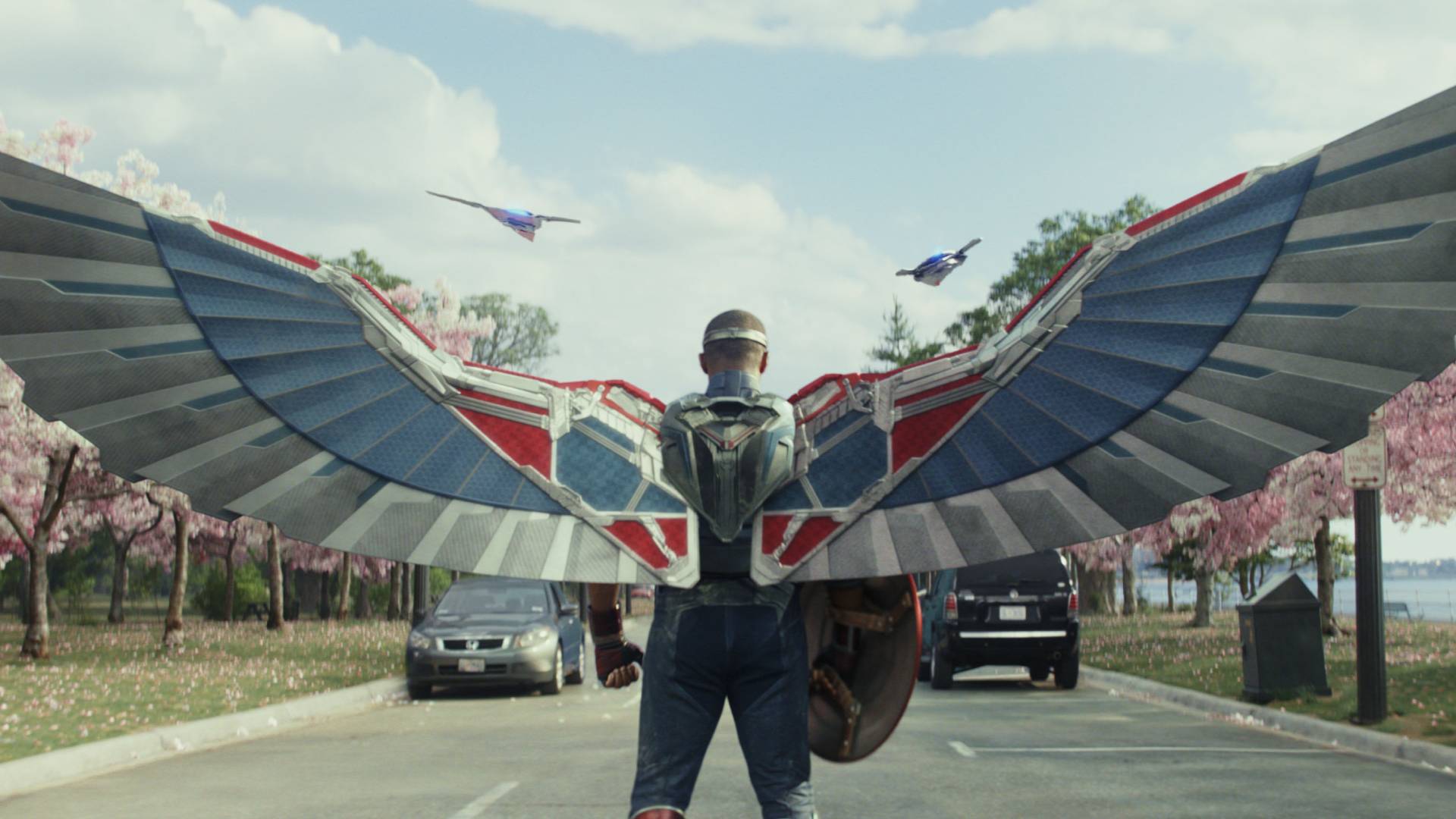
Captain America: Brave New World takes place two years after the events of Falcon and the Winter Soldier, meaning it begins in 2026. However, given it skips five months ahead after Ross' election, we suspect the bulk of the action may actually take place in 2027.
Daredevil: Born Again is one of Disney Plus' latest series and has been confirmed to be a follow-up chronologically from the last Phase 5 story. It seems that the show's prologue begins around 2025 when Daredevil is still active, before skipping ahead a year to 2026. It's at this point that Wilson Fisk becomes mayor of New York, welcoming crowds on New Year's Eve, which is presumably on the eve of 2027. So yeah, Daredevil's timeline is largely in late 2026 and mainly in 2027.
Thunderbolts* picks up after Captain America: Brave New World, which we know thanks to a reference to Red Hulk and Sam Wilson building the new Avengers. That puts the movie in 2027, too.
Ironheart, meanwhile, steps back in time slightly to not long after the events of Black Panther: Wakanda Forever in 2025. Riri's standalone story in Chicago takes place likely months after unwittingly being brought into a Wakandan conflict.
As for Agents of Shield, which is maddeningly obtuse in its divergence from the Marvel timeline, they pretty much gave up on any semblance of being in the same universe as the MCU movies. Season 7 goes on a mad trip through time, heading back into the '40s, '50s, and '60s. The team then pop back into 2018, and it appears the finale ends in 2019, one year after the events of the sixth season (a time they're eventually able to return to). This all happens, seemingly, on a different timeline, one where Thanos never fully invaded Earth.
Some fans have reasoned that this could mean the non-Disney Plus TV shows happen on a completely different Marvel timeline to the movies – which is probably the easiest way of looking at it.
What about the Spider-Man movies?
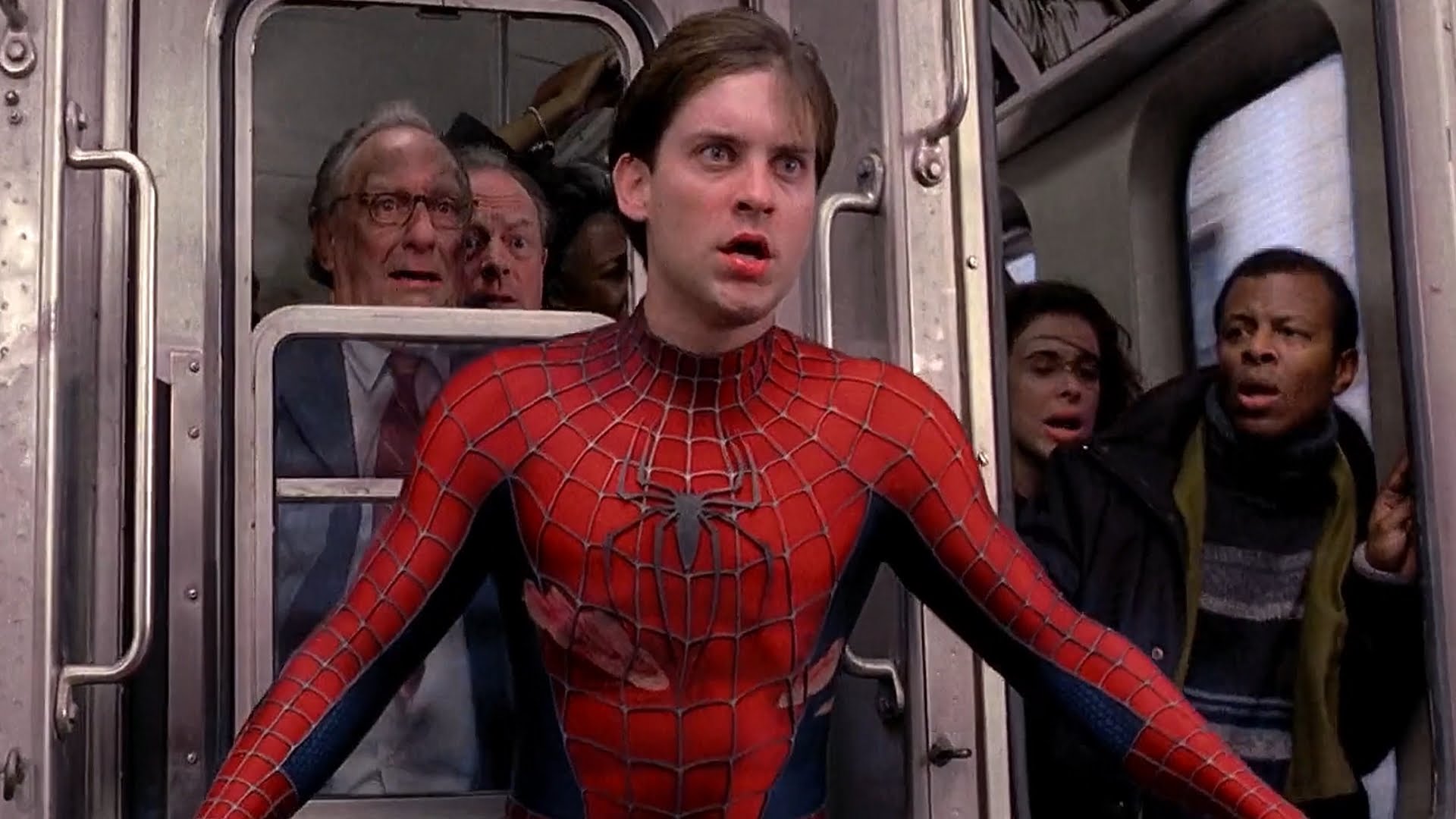
Thanks to Spider-Man: No Way Home, the Spider-Man universe of movies are connected to the Marvel Cinematic Universe. Tobey Maguire and Andrew Garfield's films do not, however, take place on the same Marvel timeline as the main MCU. They are stories told across the multiverse, and therefore do not fit into the core MCU timeline. If you do want a working order to watch those films, then check out our guide to how to watch the Spider-Man movies in order.
What about What If...?

What If...? is difficult to pin down, mainly because, like the non-Tom Holland Spider-Man movies, it's set in the multiverse, and each episode takes a different Marvel movie as its jumping-off point. It gets its own section of the timeline for that reason, and the first season has ranged from an alternate version of Captain America: The First Avenger up to the Avengers: Infinity War era.
What about Your Friendly Neighborhood Spider-Man?
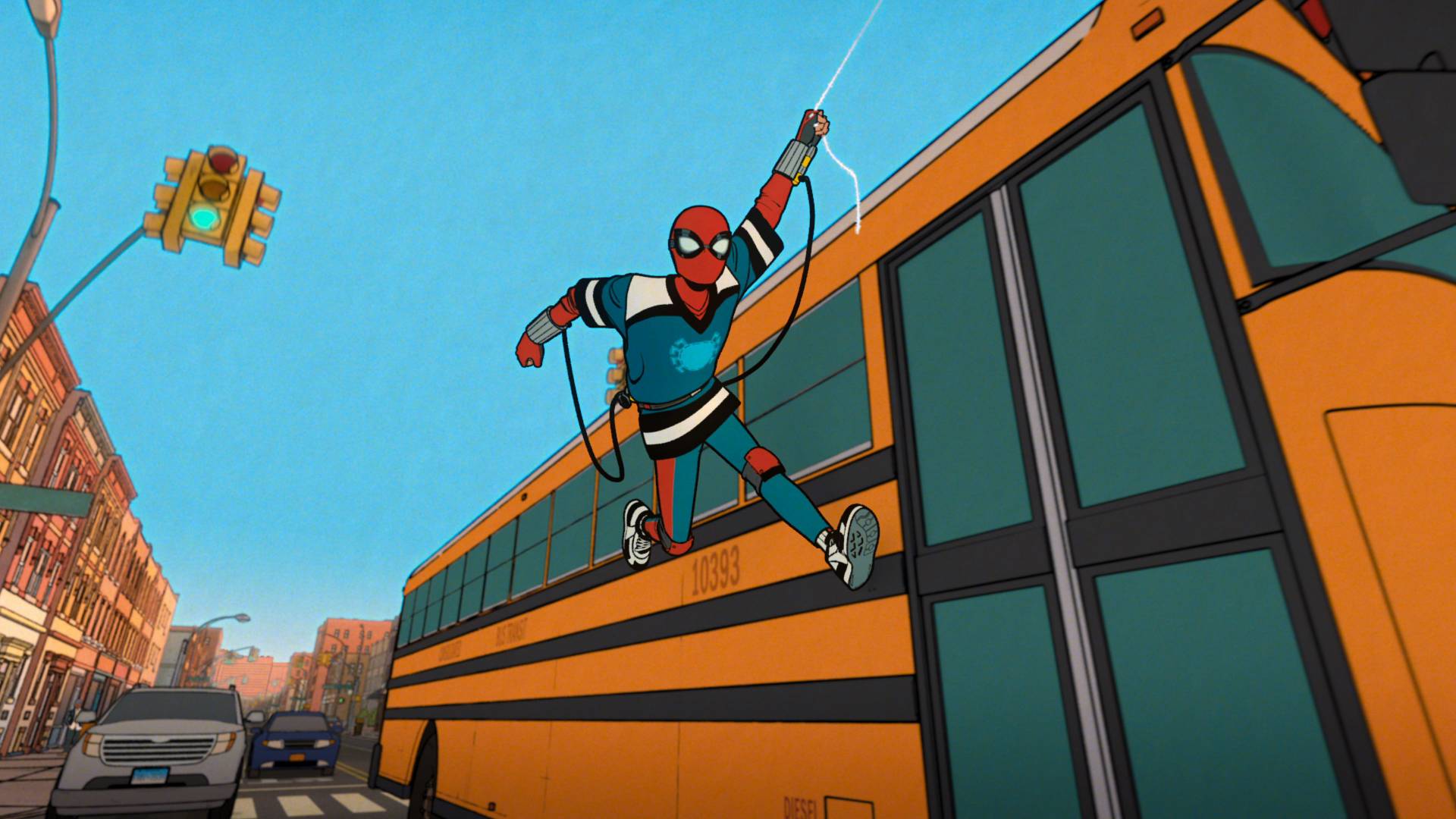
Animated series Your Friendly Neighborhood Spider-Man takes place on an alternate timeline, with the show not being considered MCU canon. We therefore haven't included it in the above MCU timeline for that very reason. But if you are interested in when it takes place, it follows Peter Parker as he is bitten by a spider gaining his superpowers, then finding his feet as Spider-Man as he fights crime on the street. Instead of Tony Stark, it is Norman Osborn who becomes Peter's mentor here which puts a new twist on the classic tale.
Also, despite it being free from the constraints of the Sacred Timeline, our Your Friendly Neighborhood Spider-Man review awarded the show four stars praising its fresh storytelling so even though it's not part of the MCU canon, it's still working checking out if you aren't a Marvel fan.
Furthermore, it has already been renewed for a second instalment so Your Friendly Neighborhood Spider-Man season 2 will be arriving on our screens in the future. And following that thrilling finale (which you can read more about in our Your Friendly Neighborhood Spider-Man ending explained) we already can't wait!
For more superhero goodness, check out our piece on all the new superhero movies coming to cinemas and streaming over the next few years.
I'm the Senior Entertainment Writer here at GamesRadar+, focusing on news, features, and interviews with some of the biggest names in film and TV. On-site, you'll find me marveling at Marvel and providing analysis and room temperature takes on the newest films, Star Wars and, of course, anime. Outside of GR, I love getting lost in a good 100-hour JRPG, Warzone, and kicking back on the (virtual) field with Football Manager. My work has also been featured in OPM, FourFourTwo, and Game Revolution.
- Fay WatsonDeputy Entertainment Editor
- Emma-Jane BettsManaging Editor, Evergreens
- Molly EdwardsDeputy Entertainment Editor
- Emily MurrayWriter
You must confirm your public display name before commenting
Please logout and then login again, you will then be prompted to enter your display name.
